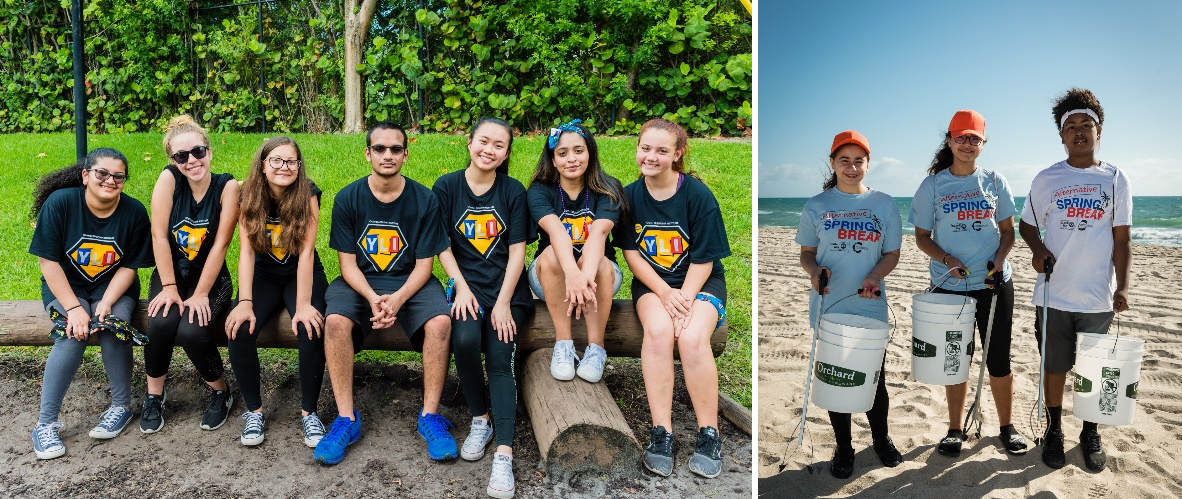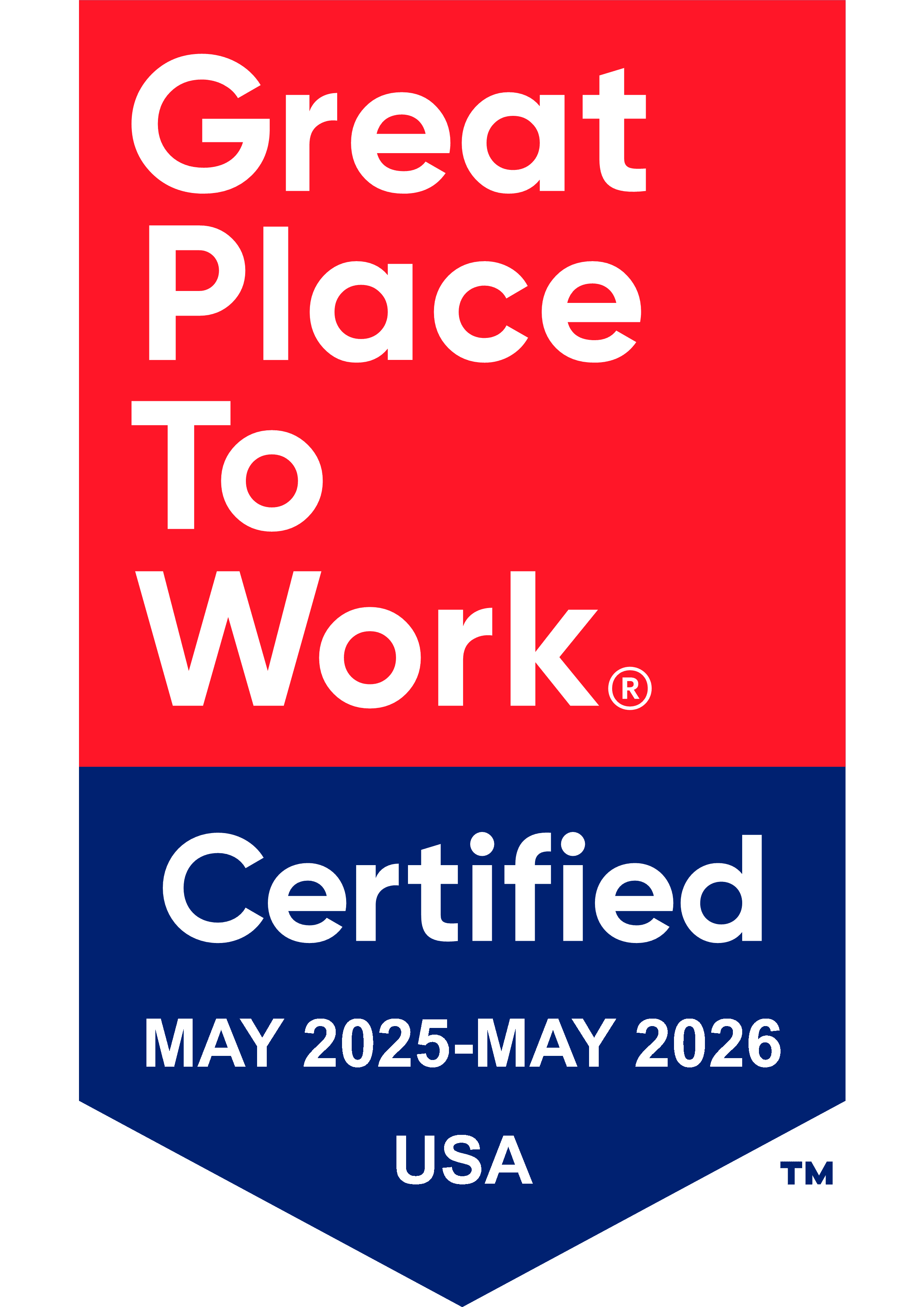
In anticipation of the Mid-Year Training Institute in Orlando, Florida, we are highlighting one Florida-based coalition per week over the course of a month – this week is the United Way of Broward Commission on Substance Abuse. What makes the coalition particularly unique is the fact that the coalition is celebrating its 30-year anniversary in 2018!
Since the start, the coalition along with Broward County community leaders have come together to address the public health and safety crisis of drugs and behavioral health in southern Florida. Broward County, Florida has a population of two million people and growing. The coalition focuses on the entire county, and institutes different workgroups and action teams to address substance use. Additionally, the coalition has a strong collaboration with the school system, implementing prevention programming throughout the grades. The county’s demographics are unique, approximately 30 percent Hispanic, 30 percent African American, and a large population over the age of 65. Gonzalo Cadima, Director, noted that “diversity contributes to the patterns that we see. Being next to Miami and Palm Beach, the geographical location, influences of tourism provide a gateway for a lot of things, which puts the coalition in a unique position.”
The community response team addresses the opioid epidemic. The team was created because of the Flakka drug issue a few years back. As a result, consequences of Flakka, including deaths and addiction cases declined sharply in 2015.
As the crisis of Flakka dissipated, the opioid epidemic started to hit the area. The same group took this on, following the Strategic Prevention Framework (SPF). The community response team has changed the role of the coalition, including how the coalition places itself within the system of care and the spectrum of prevention. Cadima noted the importance of surveillance when addressing a particular substance, and stressed the value of the Opioid Action Plan. “It has a lot of merit, it incorporates a lot of the national strategies and the local strategies to address and end the epidemic, which is changing as we speak.”
When asked what advice Cadima would give to other coalitions, he stated: “The good old comprehensive community prevention action plan that we do every three years is really vital because it provides some common measures for everyone to work in the same direction. But also includes surveillance because the coalition activity has to be guided by ongoing surveillance work. It allows us to have access to fresh information, trends and guides our actions, on an ongoing basis. It’s important to incorporate coalition work in its new role, adapting to what is going on, working on the system of care, and better integrating with treatment and other initiatives that have to do with the reduction of harm. That is a challenge, and coalitions need to adapt and explore. It is important that prevention doesn’t take a backseat. There is no one issue. The relevance and the role of a coalition is bringing people together.”

